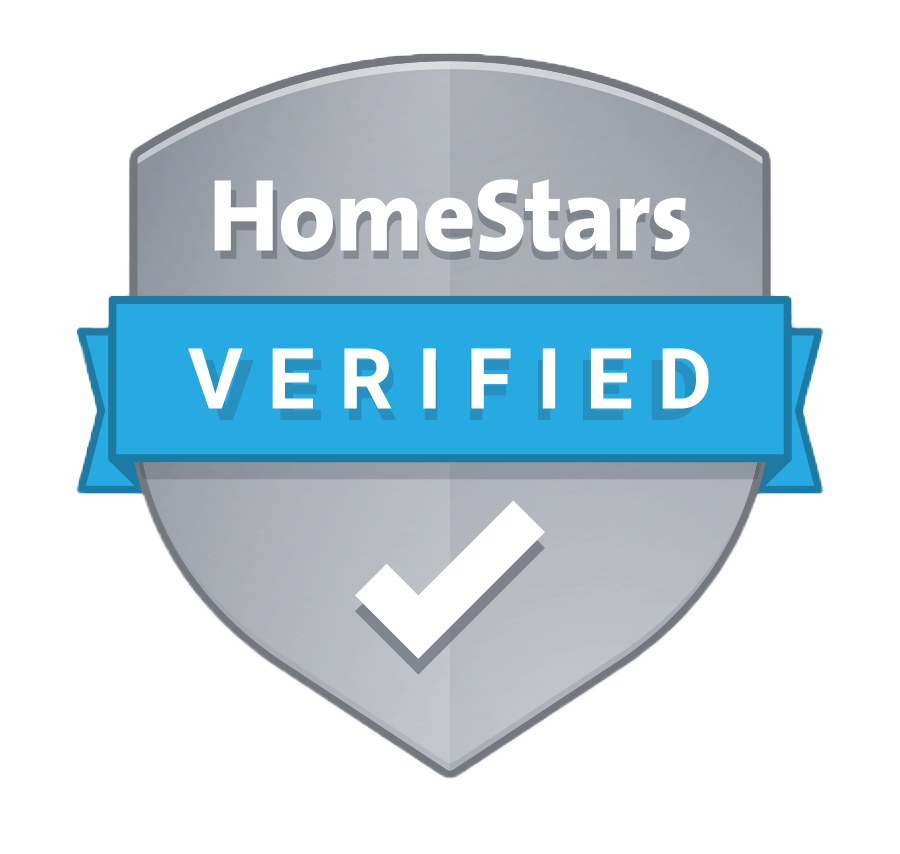
How AI is Changing the Future of Housing Infrastructure, According to Royal York Property Management’s Nathan Levinson
August 18, 2025
Nathan Levinson In the News, Royal York in The News
As smart technology rapidly transforms nearly every sector, the housing market is still playing catch-up. AI systems can schedule maintenance, predict rent arrears, and even screen tenants, but none of that matters if aging infrastructure, misaligned incentives, and fragmented oversight continue to define the rental experience.
Nathan Levinson, Founder and CEO of Royal York Property Management and a current advisor on the Bank of Canada’s rental policy panel, believes the disconnect lies not in what AI can do, but in what decision-makers are refusing to prioritize.
“You can have the smartest property management software in the world,” Levinson says, “but if the pipes are corroded, the HVAC system is 30 years old, and there’s no continuity between landlord and tenant support, you’re still delivering a broken experience.”
In a long-form interview with US Insider, Levinson offered a candid look at why housing is lagging behind other sectors in digital maturity, and how his company is approaching the challenge.
Why AI Alone Isn’t Enough
Royal York Property Management manages more than 25,000 rental units valued at over $10.1 billion. With offices across Canada and Europe, the company built its own tech stack to centralize everything from maintenance requests to legal filings.
But Levinson is quick to point out that technology, without operational depth, is mostly performative.
“The real issue isn’t automation. It’s accountability. Landlords need more than dashboards; they need systems that function during off-hours, during legal disputes, and during vacancies. And that requires more than AI. That requires people, processes, and infrastructure.”
He notes that many so-called “AI solutions” in real estate are thin wrappers over under-resourced operations. “You get an app notification, but no one shows up. That’s not smart. That’s failure, rebranded.”
What the Market Gets Wrong
Levinson believes the rental industry has been misled by the language of disruption.
“Tech CEOs often talk about how AI will solve housing inefficiencies,” he says. “But what they’re really doing is shifting responsibility away from real investment, in repairs, in tenant experience, and in compliance.”
Instead of streamlining, Levinson says many platforms fragment communication further: tenants use one portal, landlords another, and service vendors a third. When a repair fails, no one owns the outcome.
Royal York’s internal platform was built to solve that. Tenants, landlords, leasing agents, legal reps, and maintenance crews all operate inside a unified system with full history tracking.
Leadership and Policy Matter
Levinson’s perspective is shaped not just by operational scale but by policy involvement. As a participant on the Bank of Canada’s housing policy panel, he advises on nationwide rental market trends, including affordability, housing starts, and regulatory friction.
“Policy without real-time visibility is ineffective,” he says. “That’s why our model feeds anonymized data to stakeholders, showing where demand gaps, compliance failures, and service breakdowns are happening.”
He sees this as a model for sustainable oversight: bridging private sector agility with public sector planning.
The Case for In-House Operations
Royal York is one of the few large firms that keeps all critical functions, leasing, maintenance, legal, finance, in-house.
Levinson sees outsourcing as one of the biggest risks in modern property management. “When you outsource legal or maintenance, you lose speed and accuracy. You also lose data continuity. That’s unacceptable when you’re managing someone’s home.”
He says their in-house teams are AI-enabled, but not AI-dependent. “Tech should assist humans, not replace them. That’s how we maintain service quality at scale.”
What Policymakers Should Do Now
As AI continues to redefine housing infrastructure, Levinson believes collaboration will be the differentiator. “The future isn’t public or private. It’s both. You can’t manage AI-era housing systems in silos.” His advice to policymakers? Don’t regulate the tools. Regulate the outcomes. Measure fairness, resilience, and accessibility, and let that shape innovation, not the other way around.
Looking Forward
When asked what the next five years of property management should look like, Levinson doesn’t hesitate.
“We need smarter infrastructure, better compliance standards, and clearer accountability across the board. Tech will help us do that, but it won’t do it for us.”
He adds that transparency should be non-negotiable. “Every stakeholder, owner, tenant, regulator, should be able to see what’s been done, when, and by whom. That’s how you build trust in a fragmented market.”
For Levinson, AI is not a magic solution. It’s a tool. And without a serious commitment to service, structure, and leadership, it will keep solving the wrong problems.
Originally published in US Insider


